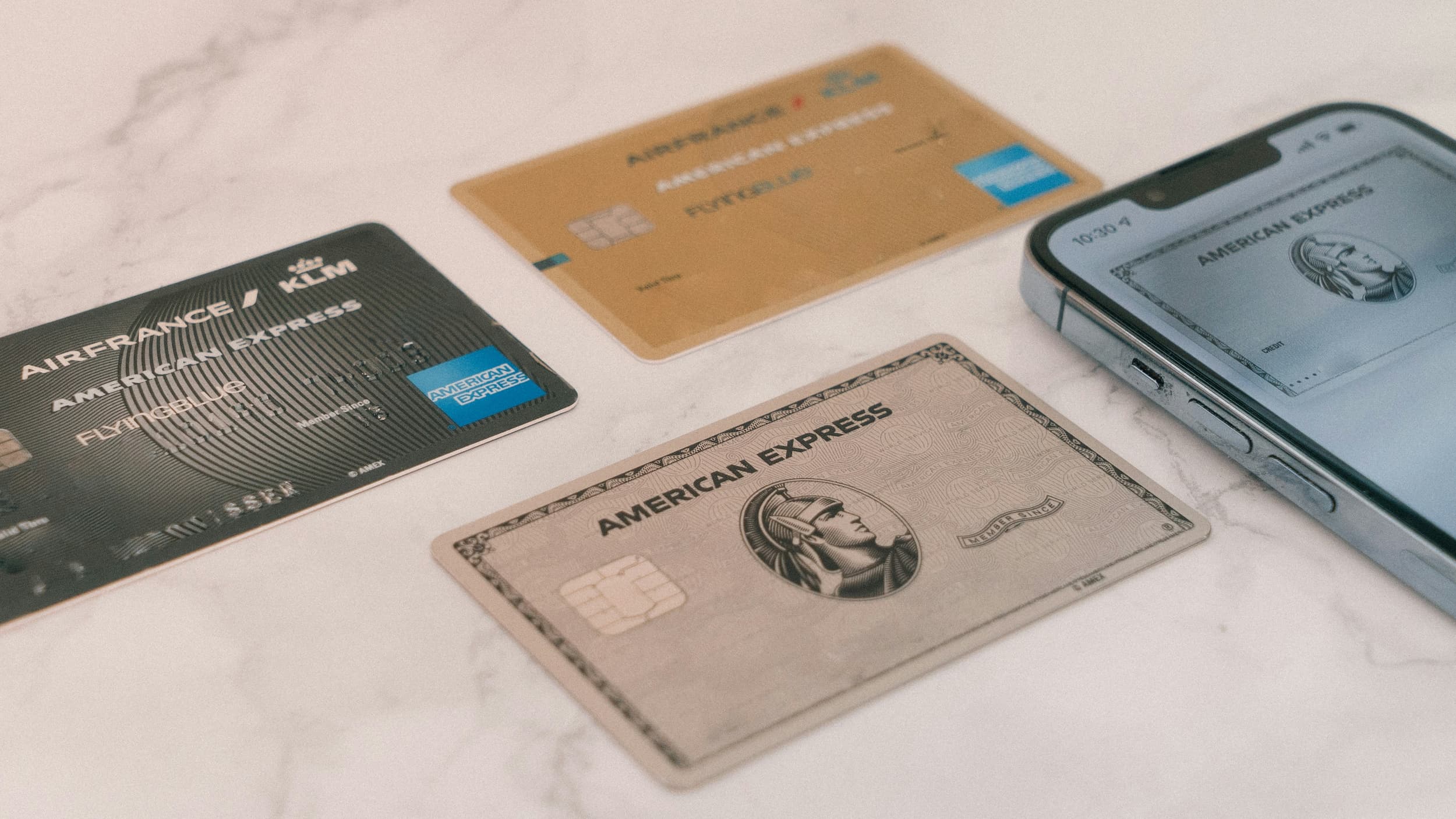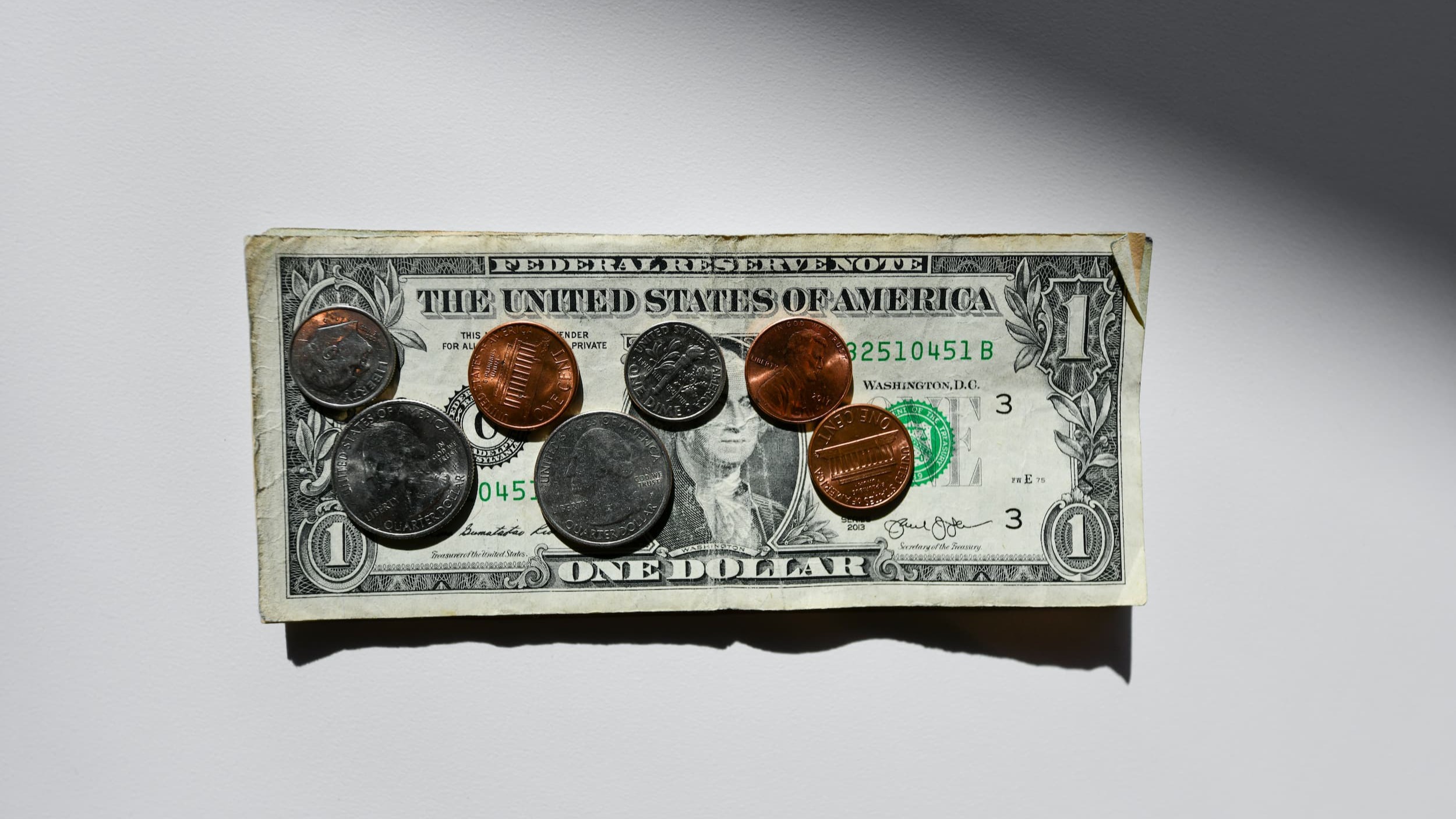 Your Money
Your Money What Was the Largest Credit Card Purchase Ever?
The largest credit card purchase in history was made by Chinese magnate Liu Yiqian in 2015. Find out what he bought and how much he spent.



Did you know how many currencies there are in the world? Approximately 180, representing the economic health of their countries. They are also vital for international trade, investments, and foreign transactions.
As a freelancer, understanding the world's currencies and their values is a task you need to undertake. Receiving payments in a currency that is depreciating is not very convenient, but if it comes from stronger currencies, it will be much more beneficial.
Today, we bring you the different types of currencies that exist globally and how valuable they are.
In finance and economics, some types of currencies stand out more than others due to their strength and stability.
Here are 12 world currencies and their value:
It is the most important reserve currency, very common for remittance shipments and most international transactions. Its strength lies in the economic and political stability of the United States.
It is the official currency of the Eurozone and is used in 19 of the 27 European Union countries. It is also the second most traded currency globally and is supported by the economic solidity of Europe.
Brazil is considered the country with the largest economy in Latin America, and its official currency is the real. Its value is due to the natural resources and its robust agricultural sector.
The ruble is the currency of one of the major emerging economies, Russia. Its strength is influenced by the vast reserves of natural resources in the country, especially oil and gas.
On our list of currency names is also the pound sterling, one of the oldest and strongest due to the economic stability of the United Kingdom. It is also highly valued in international financial markets.
Switzerland is seen as a safe haven because of its solid economy and reliable banking system. For this reason, the Swiss franc is popular for its stability and security.
Japan has a strong and diversified economy, making the yen another strong currency. In fact, it is the third most traded currency and widely used in international financial transactions.
China is known as the world's second-largest economy. As the country has become an international investment and trade hub, the influence of the yuan also grows.
Although Hong Kong is not a country but a region, it enjoys its own currency. It is backed by U.S. dollar reserves and the support of an open economic system.
Australia also has an excellent economy, which is based on the export of natural resources. This makes the Australian dollar one of the top 10 most demanded currencies.
Canada does not lag behind in terms of economic stability thanks to oil and mineral exports. Hence, the Canadian dollar is highly valued in terms of international transactions.
Mexico is the second-largest economy in Latin America, according to Statista data. Its strength is the result of the country's economic diversification and its trade ties with the United States.
If you are a freelancer and work with clients from different countries, you need to be aware of which currencies are the strongest. This will help you better manage your international transactions.
For example, if you are in Mexico and charge in U.S. dollars or euros, you can protect yourself from devaluation, as long as you use your IBAN and BIC/SWIFT code.
In addition to those already mentioned, there are other types of currencies equally crucial for the global economy.
The Singapore Dollar (SGD), for example, is a strong currency in Asia, as is the South African Rand (ZAR) in Africa.
The Indian Rupee (INR) reflects the rapid growth of the country, and the South Korean Won (KRW) represents the advanced economy of South Korea.
Additionally, the Swedish Krona (SEK), Danish Krone (DKK), and Norwegian Krone (NOK), are fundamental in Northern Europe and known for their economic stability.
Now that you know how many currencies there are in the world and which are the strongest, we present you with 10 of the least valuable:
1. Iranian Rial (IRR). Affected by international sanctions and high inflation.
2. Vietnamese Dong (VND). Despite the economy still growing, Vietnam's currency is one of the weakest.
3. Sierra Leonean Leone (SLL). Sierra Leone has suffered conflicts that have weakened its economy.
4. Lao Kip (LAK). Although Laos has a small economy, it faces significant challenges.
5. Indonesian Rupiah (IDR). Although the country has a stable economy, its currency is not of great value.
6. Uzbek Som (UZS). Uzbekistan introduced the som after gaining independence from the USSR, but it is not a currency of great value.
7. Guinean Franc (GNF). Guinea is rich in natural resources but unfortunately faces political instability.
8. Paraguayan Guarani (PYG). Paraguay is undergoing significant economic challenges that do not favor its currency.
9. Cambodian Riel (KHR). The dollar is preferred, but the riel remains the official currency.
10. Ugandan Shilling (UGX). Uganda's economy is developing, so its currency is still of low value.
These 10 currency names reflect the difficulties of their respective countries. From inflation and government debt to political stability.
It is a large sum of foreign currencies that financial institutions keep under their custody. These reserves are used to carry out international transactions, invest, and meet foreign debt obligations.
In this way, the country can minimize the risk associated with exchange rate fluctuations. As it does not need to depend on its own currency for its international transactions.
Moreover, many basic products are traded in reserve currencies, justifying that countries around the world have this money to purchase goods.
Today, the main reserve currency is the U.S. dollar in almost all countries.
Currency | Countries of Circulation | Symbol |
US Dollar | United States, Ecuador, El Salvador, Panama, among others | $ |
Euro | Germany, Spain, France, Italy, among other Eurozone countries | € |
Japanese Yen | Japan | ¥ |
British Pound | United Kingdom, Gibraltar, Falkland Islands | £ |
Australian Dollar | Australia, Cocos Islands, Kiribati, Nauru, Tuvalu | A$ |
Canadian Dollar | Canada | C$ |
Swiss Franc | Switzerland, Liechtenstein | CHF |
Renminbi (Yuan) | China | ¥ |
Hong Kong Dollar | Hong Kong | HK$ |
South Korean Won | South Korea | ₩ |
New Zealand Dollar | New Zealand, Cook Islands, Niue, Pitcairn, Tokelau | NZ$ |
Mexican Peso | Mexico | $ |
Swedish Krona | Sweden | kr |
Russian Ruble | Russia, South Ossetia, Abkhazia | ₽ |
Norwegian Krone | Norway | kr |
Turkish Lira | Turkey, Northern Cyprus | ₺ |
Singapore Dollar | Singapore | S$ |
Indian Rupee | India | ₹ |
Brazilian Real | Brazil | R$ |
South African Rand | South Africa | R |
Philippine Peso | Philippines | ₱ |
Czech Koruna | Czech Republic | Kč |
Indonesian Rupiah | Indonesia | Rp |
Thai Baht | Thailand | ฿ |
Polish Zloty | Poland | zł |
Israeli New Shekel | Israel | ₪ |
UAE Dirham | United Arab Emirates | د.إ |
Argentine Peso | Argentina | $ |
Hungarian Forint | Hungary | Ft |
Kuwaiti Dinar | Kuwait | د.ك |
Chilean Peso | Chile | $ |
Malaysian Ringgit | Malaysia | RM |
Colombian Peso | Colombia | $ |
Saudi Riyal | Saudi Arabia | ر.س |
New Taiwan Dollar | Taiwan | NT$ |
Romanian Leu | Romania | lei |
Nigerian Naira | Nigeria | ₦ |
Dominican Peso | Dominican Republic | RD$ |
Bahraini Dinar | Bahrain | .د.ب |
Peruvian Sol | Peru | S/ |
Uruguayan Peso | Uruguay | $U |
Bulgarian Lev | Bulgaria | лв |
Iranian Rial | Iran | ﷼ |
Jordanian Dinar | Jordan | د.ا |
Cuban Peso | Cuba | $ |
Croatian Kuna | Croatia | kn |
Botswana Pula | Botswana | P |
Paraguayan Guarani | Paraguay | ₲ |
Barbadian Dollar | Barbados | Bds$ |
Bolivian Boliviano | Bolivia | Bs |
Guatemalan Quetzal | Guatemala | Q |
Understanding the world's currencies and their value allows you to negotiate more competitive and fair rates, always taking into account the fluctuations of the exchange rate.
However, when it comes to saving in dollars, DolarApp allows you to do so easily and securely.
By downloading this app, you can open a U.S. account and convert pesos to dollars, thus protecting yourself from devaluation. You can also increase your savings over time by earning interest on your dollar balance.
The best part is that your clients can make bank transfers to your account at the best exchange rate. As a result, you will be saving in a strong currency like the U.S. dollar and also earning returns.

The world has borders. Your finances don’t have to.
 Your Money
Your Money The largest credit card purchase in history was made by Chinese magnate Liu Yiqian in 2015. Find out what he bought and how much he spent.

 Your Money
Your Money In most cases, the reference number in a transfer is a unique code that varies depending on the bank or system used.

 Your Money
Your Money Do you know what types of coins and bills circulate in the U.S.? Click here and find out which U.S. coins exist and their value.


